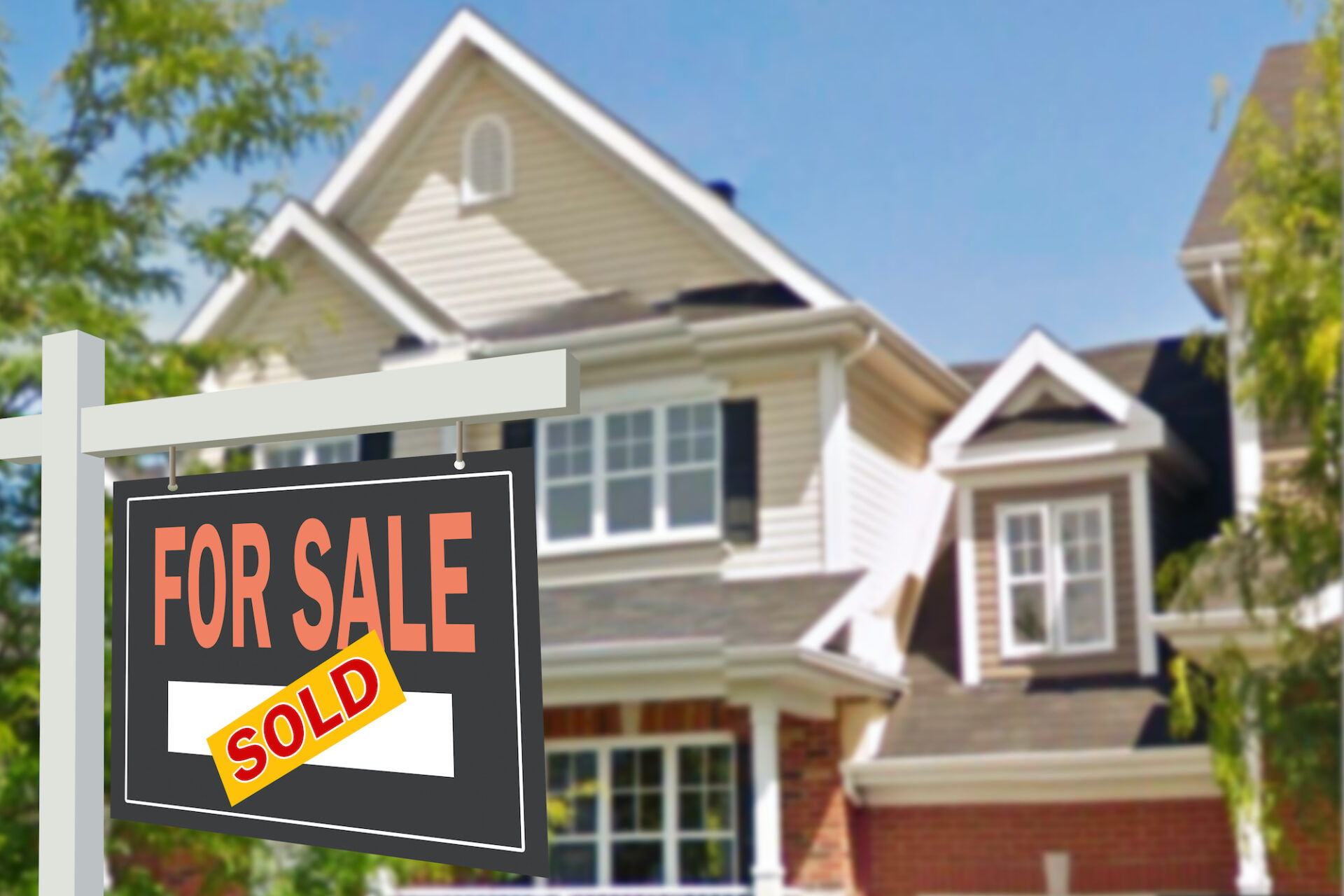Home prices in the major world housing markets that have soared since the COVID-19 pandemic began have likely peaked, but affordability is set to remain stretched or worsen in the next few years, according to a new Reuters poll of experts.
Reuters poll of more than 100 property market experts taken Aug. 10-25 covering eight markets – the US, Canada, Britain, India, Australia, New Zealand, China and Dubai – mostly predicted price increases over the next two years would slow. But house price inflation is still expected to outpace wage increases, especially when rising material costs are taken into account.
Out of 94 poll respondents, 49% said housing affordability would worsen across all markets in the next few years, and 80% said that even if it didn’t worsen, it would stay about the same.
For the US, 62% predicted worsening affordability, with 23% saying the market will stay the same and only 15% saying they expect markets to improve within the next three years.
Apart from Dubai, house prices in the US, Canada, UK, India and Australia were rated above 5, where 1 was cheap and 10 is expensive, with New Zealand rated 9, suggesting residential properties there were beyond reach for first-time buyers.
“Properties available for sale remain very low, and the only real solution to this madness is to build more houses,” said Sharon Zollner, chief economist at New Zealand’s largest bank, ANZ. New Zealand has seen the highest home price surge of all OECD nations, rising 30% in the last year and forecast to jump another 20% this year.
“But the scary thing is, even if we assume house price inflation from here to the end of time is zero, and that income growth can run at the very solid pace of 5% per annum, it would still take six years for this ratio to return to pre-COVID-19 levels,” she said. “Without outright house price falls, it’s a slog.”
Ben Frost, managing director of policy and public affairs at the New Hampshire Housing Finance Authority, agreed that while the mania might be cooling down, factors remain that keep the market tight and prices high.
“It’s been characterized as going from ‘red hot’ to just ‘really hot,’ ” he said.
In June, mortgage payments as a percent of income were 19.4%. A Zillow analysis earlier this month predicted that by the end of the year, assuming home values grow as expected, it could rise to more than 23.1% in just the next six months.
“Strong demand and rising prices for homes are overwhelming the ability of low mortgage rates to keep monthly payments down,” said Nicole Bachaud, Zillow economic data analyst. “As prices continue to outpace income gains, affordability constraints will start to slow home price growth.”
The analysis also said those percentages will go up when mortgage rates increase. Federal Reserve Chairman Jerome Powell announced in a speech last week that the central bank will keep mortgage rates low for the time being, but some experts think increases could begin by the end of 2021.
